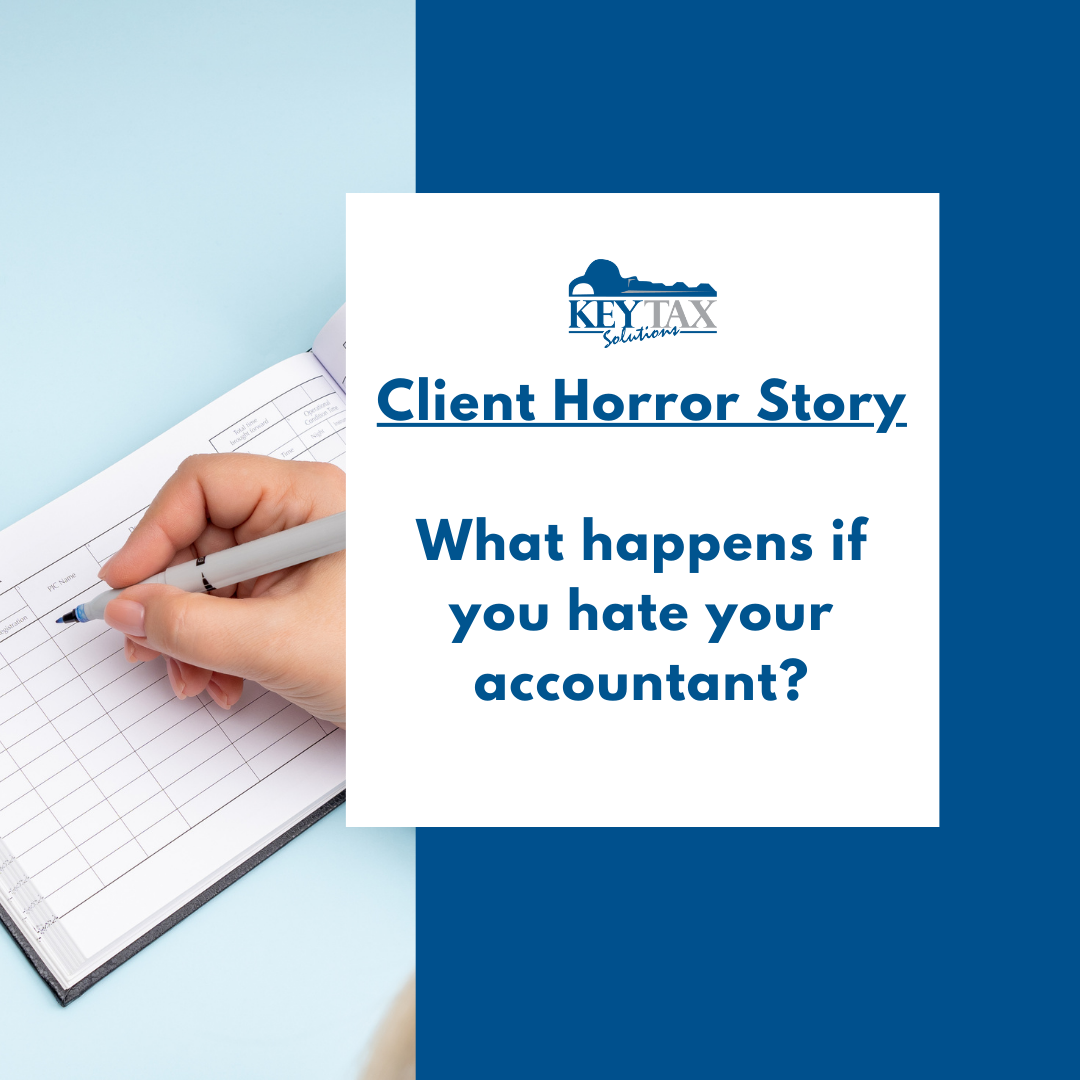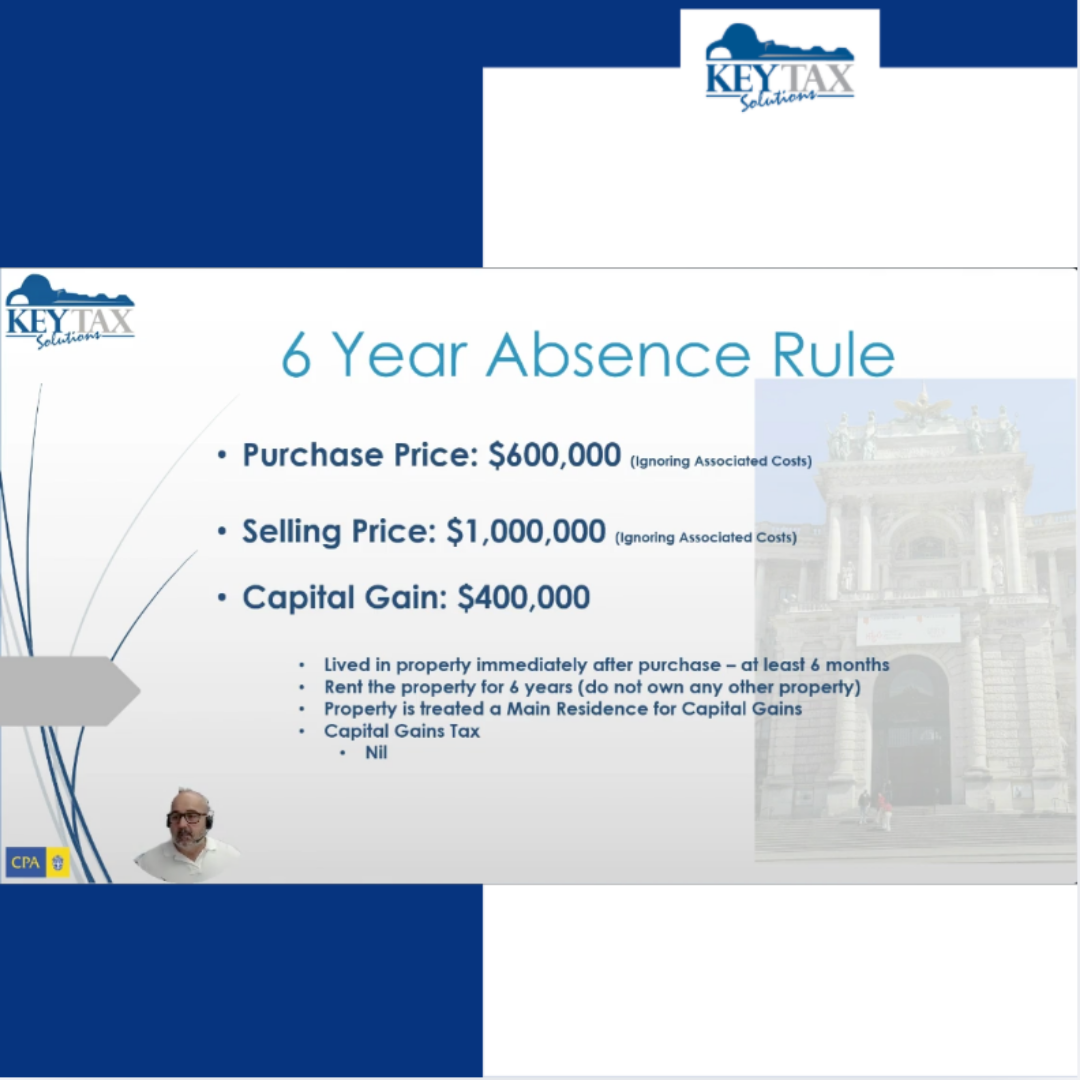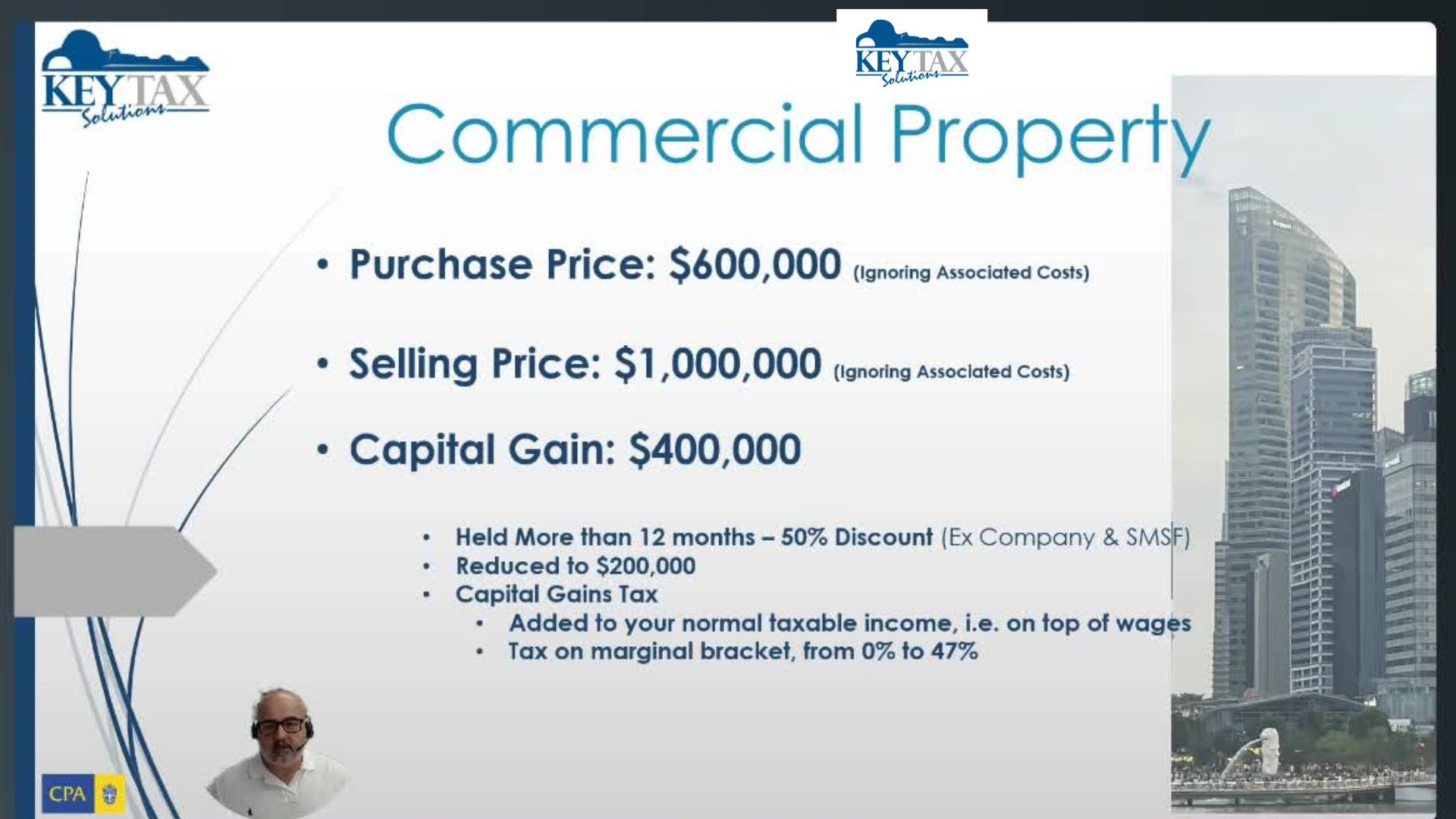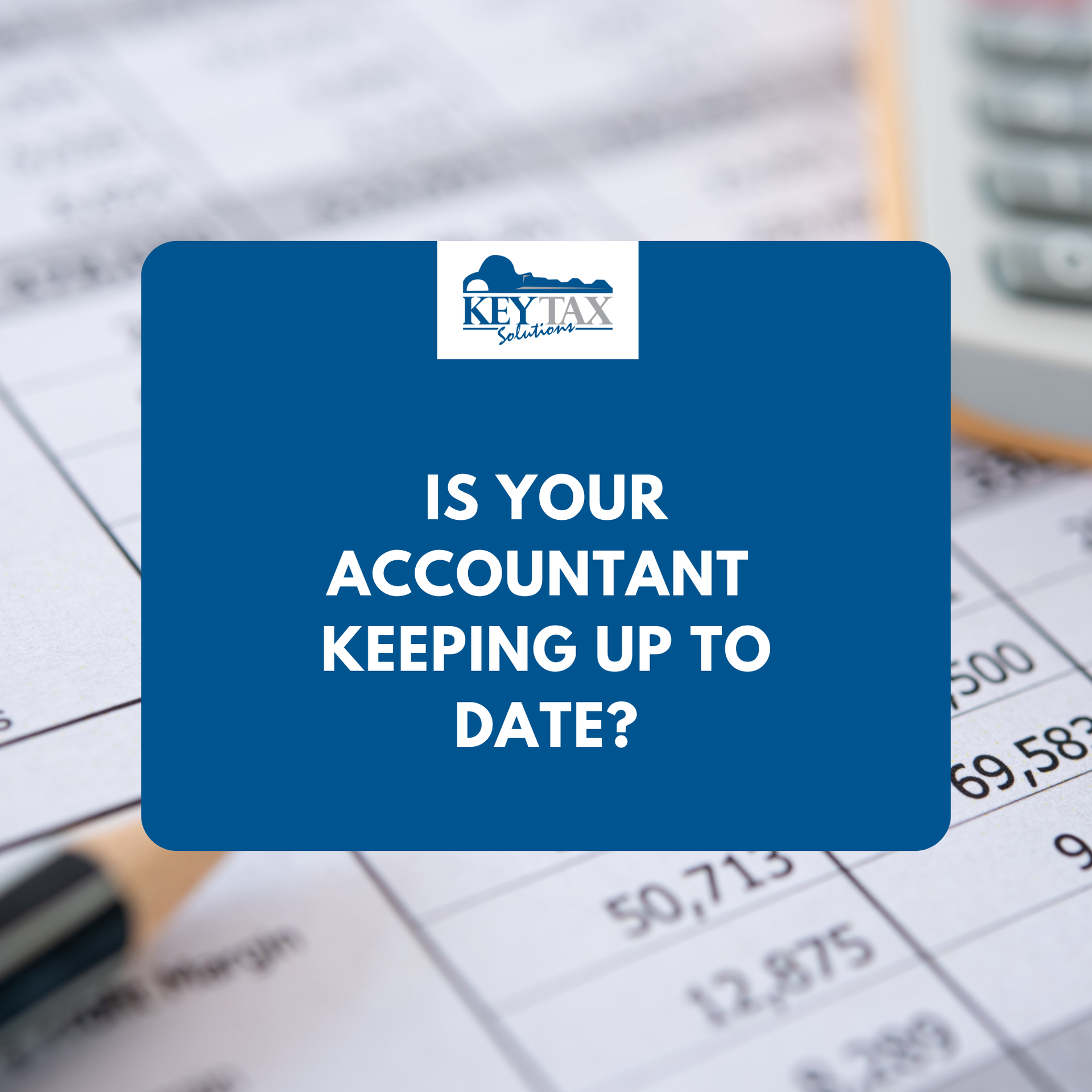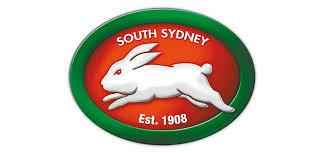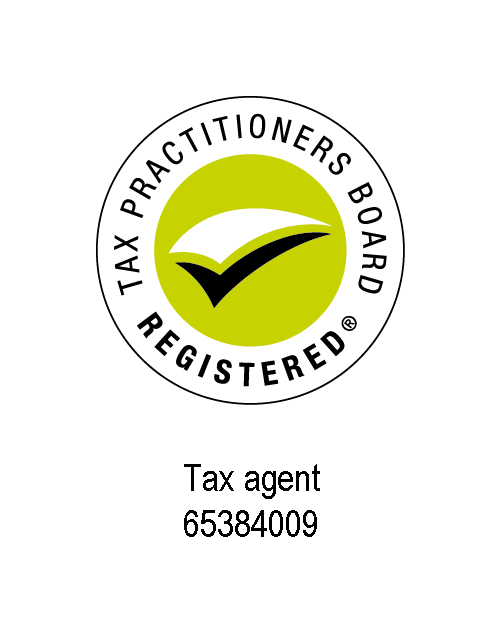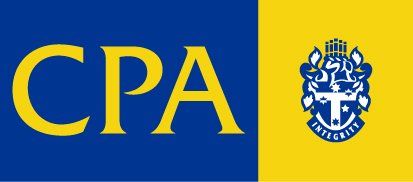What happens to your superannuation when you die?
What happens to your superannuation when you die?
Your executor should advise your superannuation fund of your passing. The super fund will now need to payout the superannuation balance. However, a super fund can only pay a benefit to a superannuation death beneficiary. They are:
- Your spouse
- Your children
- Financial dependent (lives and share a close relationship, financial and domestic dependency)
If you don’t have any of these, your superannuation benefit is paid to your Legal Personal Representative, i.e. your estate.
Please note: Superannuation is not included in a deceased person's estate or will, unless there are no superannuation death beneficiaries. In that case, it will go to the estate. You can nominate who is the beneficiary of your superannuation, and your super fund is obliged to follow these wishes.
When the super fund is paying the benefit, tax can be deducted.
The amount of tax is dependent on two things:
- Components of Superannuation: Tax-Free, Taxed element or Untaxed element
- Beneficiary: Dependent or non-dependent
For example: If your spouse passed away, you are their superannuation death beneficiary and dependent, and they nominate you to receive the super entirely, and they only have the taxed element of superannuation, there is no tax payable. No tax will be deducted by the superannuation fund.
However, if it was your father, and you are over 18 and classified as a non-dependent, using the same details above, you could have tax deducted at 17% (capped). You will also need to include this benefit payment on your personal tax return.
If the deceased person was already receiving a superannuation pension, they could have nominated a person (superannuation death beneficiary) to continue receiving that pension on their passing. This is separate from the estate of the deceased person.



